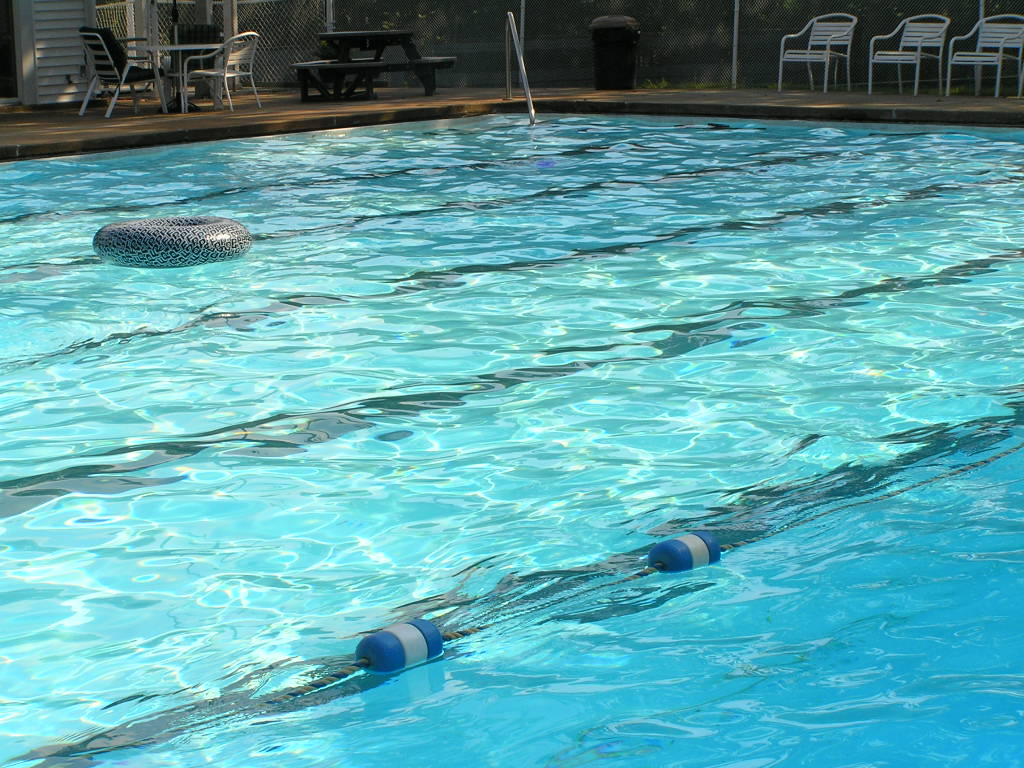As of yesterday, pools have once again opened their doors for eager swimmers. But of course, coronavirus is still widespread and special precautionary measures must still be taken.
It is still unclear what exactly the role of water is in disseminating the virus (maybe they should have waited to open pools). Consequently the swimming pool industry advises pools to increase the amount of chlorine they use to keep the water clean, RTL Nieuws reports.
Chlorine is a chemical disinfectant commonly used in pools against skin cells, sweat, urine and cosmetics. It also combats viruses and bacteria. The more disinfectant in pools, the less chance that the virus spreads. However, this isn’t necessarily good for your skin; chlorine has already proven to be a skin irritant.
Nonetheless, other kinds of bacteria (such as swimming in water containing urine and dirt) is probably also pretty bad for your skin.
Within the limits
Of course, pools wouldn’t be opening if there was any chance that swimming would be deemed unsafe. Even though the quantity of chlorine is recommended to increase, it still lies within the bounds.
Pools are meant to have between 0.5 to 1.5 milligrams of chlorine. Normally, a pool will have around 0.8mg. The new recommended amount is 1.4mg, pushing it close to the limit but not exceeding it.
Pools in corona times
From May 11 onwards, swimmers must:
- Reserve when they would like to swim beforehand
- Only visit pools with people from the same household
- Refrain from visiting pools after having used public transport (i.e. busses, trains)
- Change their clothes at home, use the toilet at home and shower at home
- Apply general coronavirus rules at the pool, such as washing hands, keeping 1.5 meters distance, etc.
Are you planning on visiting a pool in the coming days? Let us know in the comments.
Image: Dasha/Wikimedia Commons



